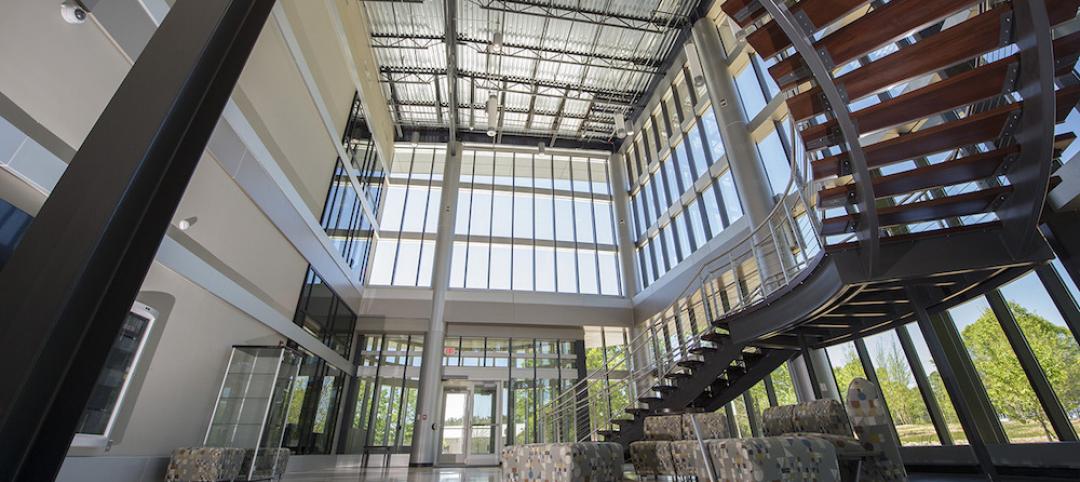Recent storms such as Hurricane Florence in the U.S. and Typhoon Mangkhut, which struck the Philippines and China, highlight the need for decentralized infrastructure, according to a recent Bloomberg article co-written by an energy analyst.
“On the basis of economics alone, the power systems of many countries will become highly decentralized in coming years,” the article says. By mid-century, more than a third of power-generation capacity in Japan will be customer-controlled in homes and businesses, the analyst asserts.
In Brazil, more than half of power generation will be in the control of private customers. If millions of small generators compensate for a small number of centralized failures, such decentralization would make electric systems more resilient.
While decentralization will grow based on the cost of energy, it will take government action as well. “Centralized decisions on things like building codes and flood zones can catalyze resilience,” the article says.
Related Stories
Energy | Jul 25, 2016
Michigan law provides local governments with flexible energy conservation financing
Allows cities to fund projects without adding debt.
Contractors | Jul 15, 2016
Trade unions, contractors call for maximum penalty in construction worker death case
‘Sick and tired’ of lawbreaking contractors defining public perception.
Multifamily Housing | Jul 14, 2016
Portland, Ore., City Council approves construction excise tax for affordable housing
Expected to raise $8 million annually on commercial and residential projects.
Drones | Jul 13, 2016
FAA issues final rule on commercial use of drones
The rule covers commercial uses for drones that weigh less than 55 pounds, and it takes effect Aug. 29.
Codes and Standards | Jul 12, 2016
OSHA raises maximum civil penalties by 78%
Applies to infractions that occurred after Nov. 2, 2015.
School Construction | Jul 11, 2016
Fight over school funding in Arizona headed to court
Legislature accused of ignoring 1994 ruling ordering state to pick up some of the costs.
Green Specifications | Jul 8, 2016
World Green Building Council sets goal of 100% net-zero buildings by 2050
All new buildings and major renovations to be net-zero by 2030.
Market Data | Jul 7, 2016
Airbnb alleged to worsen housing crunch in New York City
Allegedly removing thousands of housing units from market, driving up rents.
Urban Planning | Jul 7, 2016
Y Combinator project would build new city using new technology, urban policies
Zoning, property rights, building codes all could be re-imagined.
Green | Jul 6, 2016
U.S. healthcare system’s GHG emissions rise 30% in past decade
If U.S. healthcare were a country, it would rank 13th in GHG emissions.

















